Nepal’s Dalits say ill-treatment and discrimination is worse among the educated in the city
Nunuta Rai: Center for Investigative Journalism- Nepal
Durga Sob, politician
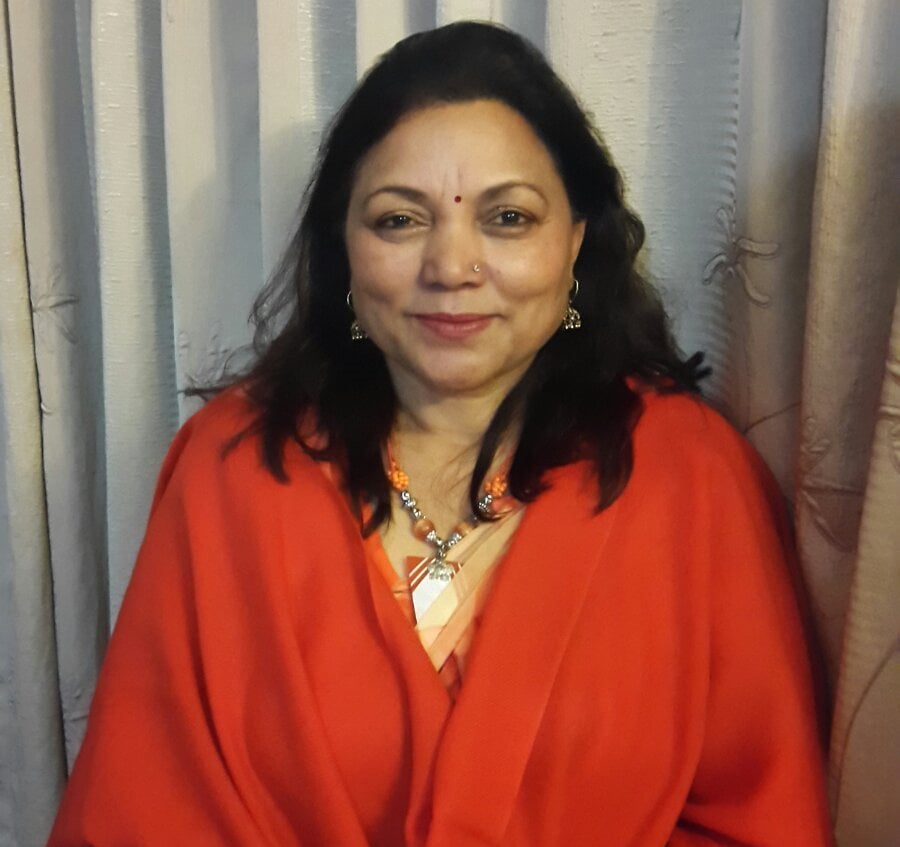
Durga Sob, politician
Durga Sob was born in Doti, and was sent by her family for higher studies in Kathmandu in 1980. She had faced caste discrimination in Nepal’s culturally conservative far-west, and had thought educated and prosperous Kathmandu could be different.
How wrong she was.
In college picnics, at the student dormitory, in the classroom, Sob faced the same ostracisation and taunts of fellow students from the so-called ‘upper’ castes that she used to get in Doti.
She got a job at Action Aid even while at college, and in 1988 she met American rights activist Robin Morgan. They talked a lot about how Nepal’s gender activism was not inclusive, and it left out women perceived to be of a ‘lower’ caste.
Morgan helped Sob set up her own group. Forty years later Sob is still running her Dalit Women’s Organisation which by now has grown to become nationwide. Sob rented a flat in Kathmandu and kept two rooms as her office and two rooms to live in.
Soon, the landlady found out that Sob was a Biswakarma, from the Dalit community. The usually friendly woman became hostile, and gave Sob notice to move out immediately.
Sob went flat-hunting throughout Kathmandu without hiding her caste, since she did not want to face the same problem again. But that made it even more difficult for her to find an office and residence space to rent.
“I asked many people for help, no one came forward,” Durga Sob recalls. “In the end, I lied about my caste and soon got a flat. But even then, they would find out and harass me by cutting off my water supply or electricity to drive me out. I have had to move so many times in Kathmandu because of my caste.”
In 1995, Sob was invited to attend the Beijing International Women’s Conference with other Nepali women activists. She had to share her hotel room in Beijing with a Nepali, but because she was a Dalit, none of the other conference participants from Nepal agreed to share a room with her.
“That was the worst day of my life, I wept,” Sob remembers. “This was an international conference on women’s rights, the Nepalis were gender activists, and yet this was happening.”
In 2001, Durga Sob was nominated member secretary of the newly established National Dalit Commission. But the discrimination did not stop. She says: “Dalit women have to face double discrimination: first because they are women and second because they are Dalit.”
Sob was convinced that the only way to resolve caste racism is through politics. So, she started becoming politically active, but even in politics she found prejudice against Dalits. First, she joined Baburam Bhattarai’s Naya Shakti Party as a coordinator, hoping that its progressive agenda would help in her struggle.
“I got that position because of my ability, but I started feeling pressure, there was a feeling that a Dalit women should not have a leadership role. I should have been a deputy chair or general secretary, but I was demoted to being a secretary,” she says.
Durga Sob is now a central committee member of the People’s Socialist Party, but she has no illusions about ever rising to a position higher than secretary. She concludes: “When racism is direct and open, we can resist it. But when it is hidden, it is difficult to endure and fight against.”
Yash Kumar, singer
Yash Kumar’s father was a Brahmin and his mother a Dalit. When he was 10 years old his parents brought him to Kathmandu from Sarlahi. He did not have to face racism while in the Tarai because he was quite young, and he was not discriminated against in Kathmandu because he had a Brahmin surname. However, when he was making his citizenship papers, he added ‘Pariyar’ to his formal name.
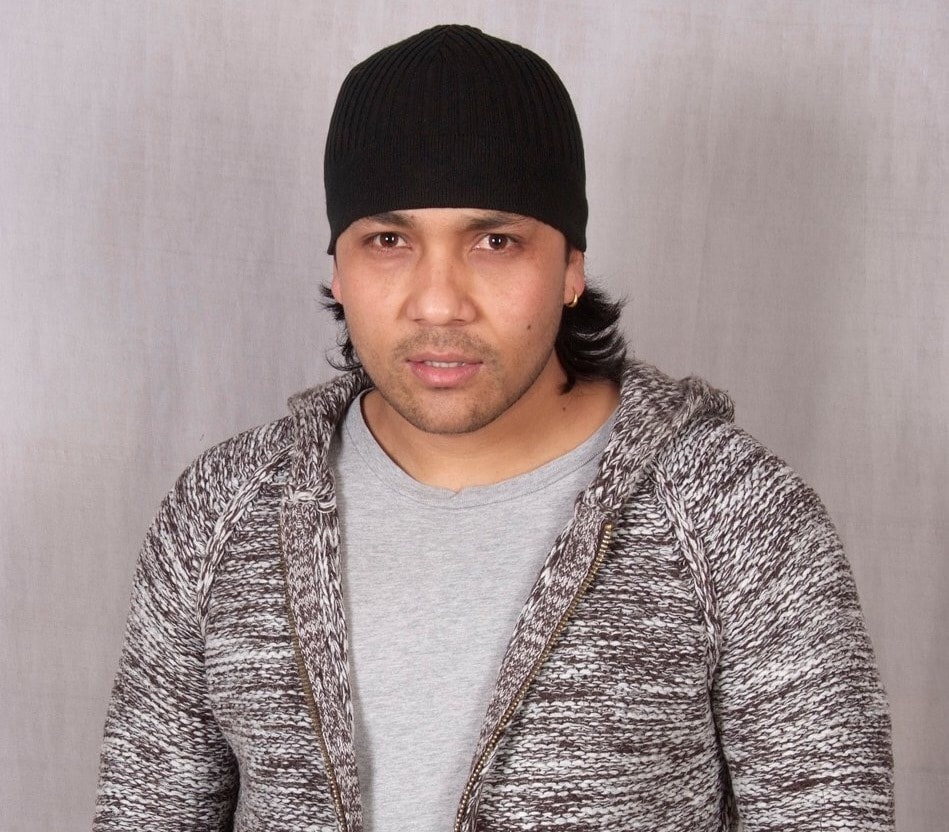
Yash Kumar, singer
It was after he became a well-known singer and famous for a hit song about untouchability that Yash Kumar started really feeling societal discrimination. A sister of his best friend with the Brahmin surname ‘Acharya’ was getting married, and he came over to give Yash Kumar an invitation card to the wedding. But he said the invitation was just for formality, and that he should not come to the reception.
“He told me he did not believe in untouchability but his parents did not want his Dalit friend to attend the wedding,” he recalls. “It was like something pierced my heart.”
Yash Kumar relates many other incidents where he faced ostracisation because of his caste. He would even hear friends cast derogatory remarks about Dalits either because they did not know he was one, or because they thought he was out of earshot.
One well-known film actress once confided to him: “You are different from other Dalits in the way your think and speak. You must be mixed.”
Yash Kumar says he reacts immediately when someone mistreats him because he is a Dalit, but it is more difficult when the discrimination is subtle. “I feel really sad that there is such behaviour in a city where there are supposed to be educated and conscious people,” he adds.
Rekha Pariyar, student leader
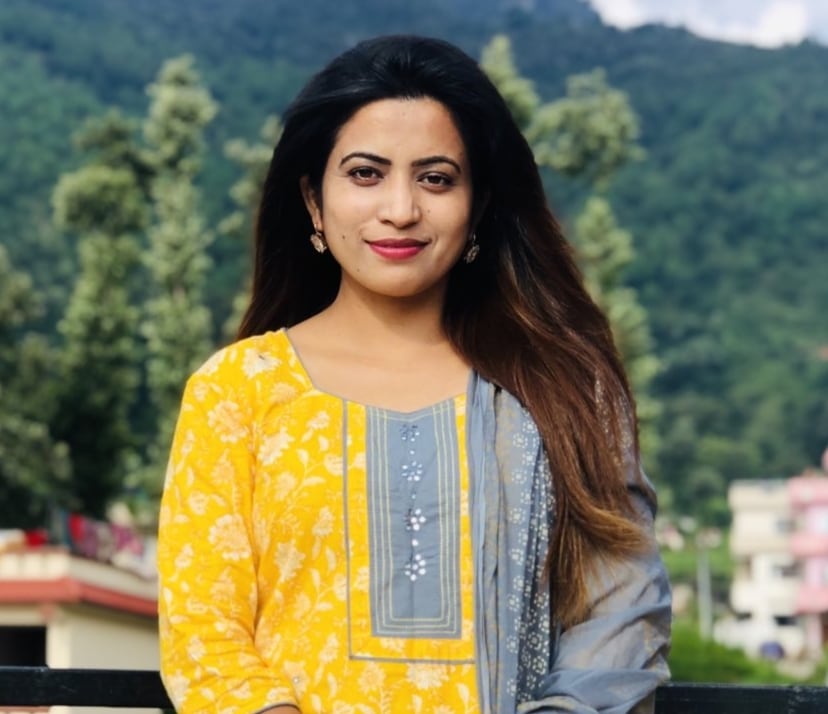
Rekha Pariyar, student leader
Unlike other Dalits who face direct and indirect prejudice, Rekha Pariyar has been physically assaulted because of her caste. After her family moved to Kathmandu from Chitwan, and started being treated differently by the neighbours. They could not draw water from the community tap, and were not allowed into the corner tea shop.
Rekha’s father and brother had a tailor shop. In 2012, they brought a sewing machine and other equipment in a rented pickup, but the driver asked for money more than was agreed upon. An altercation ensued, and the neighbours beat up members of her family, hurling racist slurs against them.
It took a long time for the police to arrive at the scene, and they took Rekha and her injured family members to hospital where her father and mother had to spend three weeks. Police in Maharajganj refused to accept her complaint. Only after appealing to Prime Minister Sushil Koirala did the police register the case, but even though this became a high profile media story, the perpetrators were never caught.
Rekha Pariyar rose up the ranks of the student union, and used to deliver fiery speeches against caste discrimination. But her political colleagues would not eat with her, even though they travelled and did everything together.
She says: “It is even more difficult to fight discrimination when it is so entrenched in supposedly better educated people in the cities.”
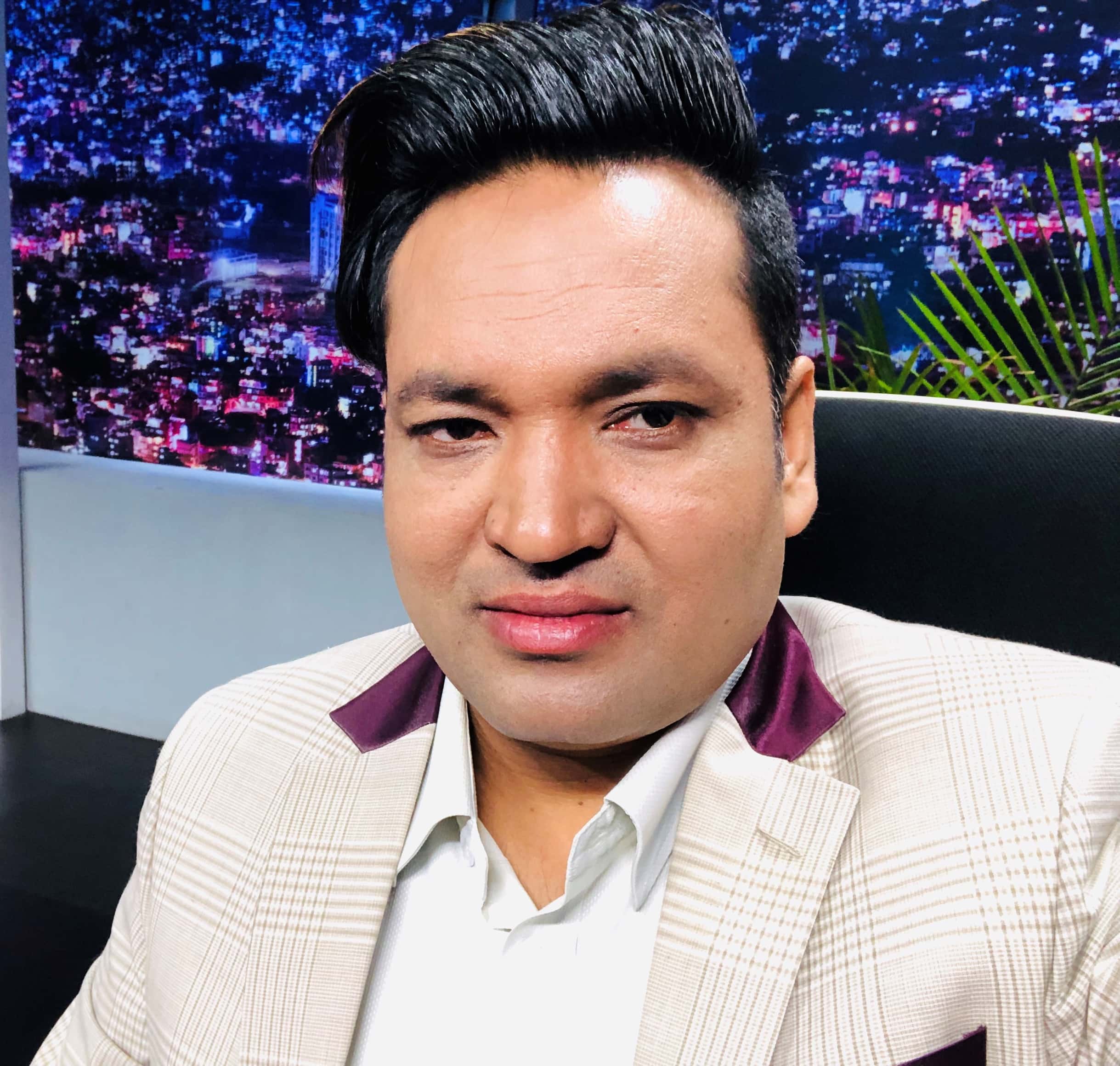
B B Anuragi, singer
B B Anuragi, singer
Born in Baglung, BB Anuragi was at the receiving end of racial discrimination. But when he came to college in Pokhara, the ostracisation got much worse. He got into an argument and a fist-fight when fellow students wanted to keep him out of the student dormitory. But after that he could not rent a room anywhere. He finally found a room with two other friends, but he had to move out when their parents were visiting.
He started singing at a local gazal restaurant, but had to move multiple times when landlords cut off his water supply or harassed him when they found out that he was a Dalit. There was a Newa landlady who had a room, and he told her he was a Dalit. But her reply surprised him: “It does not matter to me what caste you are as long as you are a decent person.” She was an exception.
In 2003, Anuragi moved to Kathmandu, but here the discrimination was of a different nature than Pokhara. “In Kathmandu people did not bring up caste directly, but would insinuate things which was difficult to counter,” he says.
Even to this day, he notices that people’s demeanour changes completely when they find out he is a Dalit. Neighbours do everything together, but do not call him for their parties or festivals.
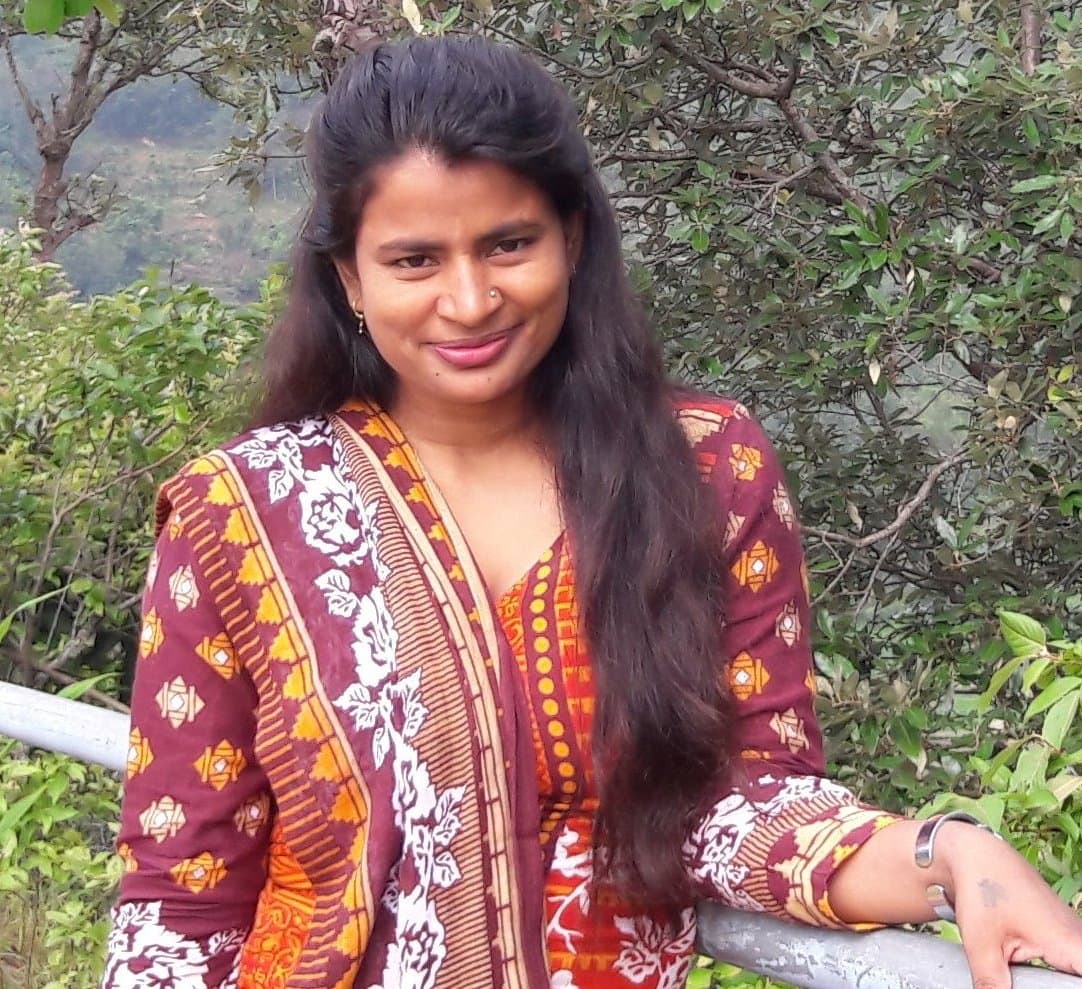
Sona Khatik, Radio Station Manager
“I am a singer, and I pour out my anger in my songs, but this is Kathmandu, the message is restricted to the songs, it does not change too many people,” Anuragi says.
Sona Khatik, Radio Station Manager
Throughout her life, Sona Khatik grew up suffering from caste discrimination. Her life story indicates that caste stigma is more entrenched in the Tarai than in the mountains.
“I like to report from the field instead of dealing with people in the office,” says Khatik who worked her way up from being an intern to the Station Manager of Community Radio Kapilvastu.
“Even so, I often notice people’s attitude change after they find out I am a Dalit. They talk down at me,” she says. “They ask me my caste and profession of my parents, and when they find out I am a Dalit they actually tell me I must be a non-Dalit because of my senior position.”
In 2012, she had gone to interview a senior official at a government office. He did not even tell her to sit down in the sofa, she had to take the interview standing up. Because caste discrimination is now punishable by law, the prejudice is also more subtle.
One of Khatik’s close friends eats with her, but when she is invited to her friend’s house she has to eat
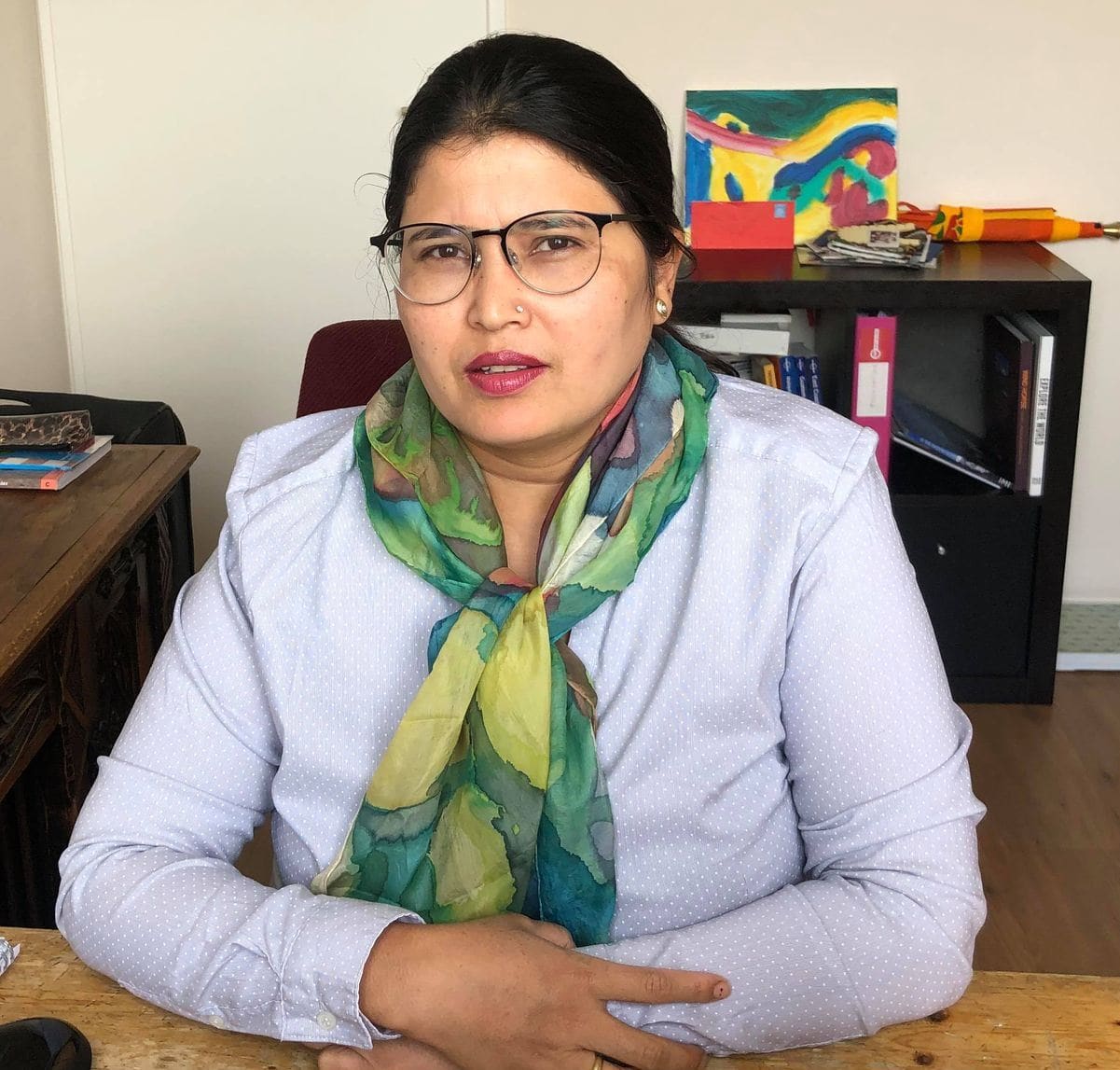
Holi Nepali, tourism entrepreneur
outside the kitchen. “It really affects me when close friends do that,” she says. “I just stopped going to her house.”
Khatik says it is difficult to counter discrimination when it is so indirect. “We are invited to functions, but the organisers often treat non-Dalits differently than Dalits. Often, they just ignore me. So, I have just stopped going to such functions. I counter indirect stigma with an indirect boycott.”
Holi Nepali, tourism entrepreneur
Nepali Dalits face discrimination even when they are abroad. And Holi Nepali, who runs Top of the World trekking agency in The Netherlands, has a direct experience of this. Nepali was born near Pokhara and through the kindness of trekking agency operator Rajiv Shrestha she got a good education. She stayed with his family, so others did not treat her badly then.
When some people in Nepal used to ask her what her caste was, she would say she was from the leather worker ‘Sarki’ caste. They would reply: “You are so good looking even though you are a Sarki?”
She started working in Shrestha’s trekking agency where she met a Dutch national and got married to him, and started living in The Netherlands in 2012. But even there, caste discrimination has followed her.
Nepali has a Nepali Chhetri friend whose relatives admonish her for hobnobbing with a Sarki. During Nepali gatherings, she has heard many Nepalis advise others not to marry outside their caste groups.
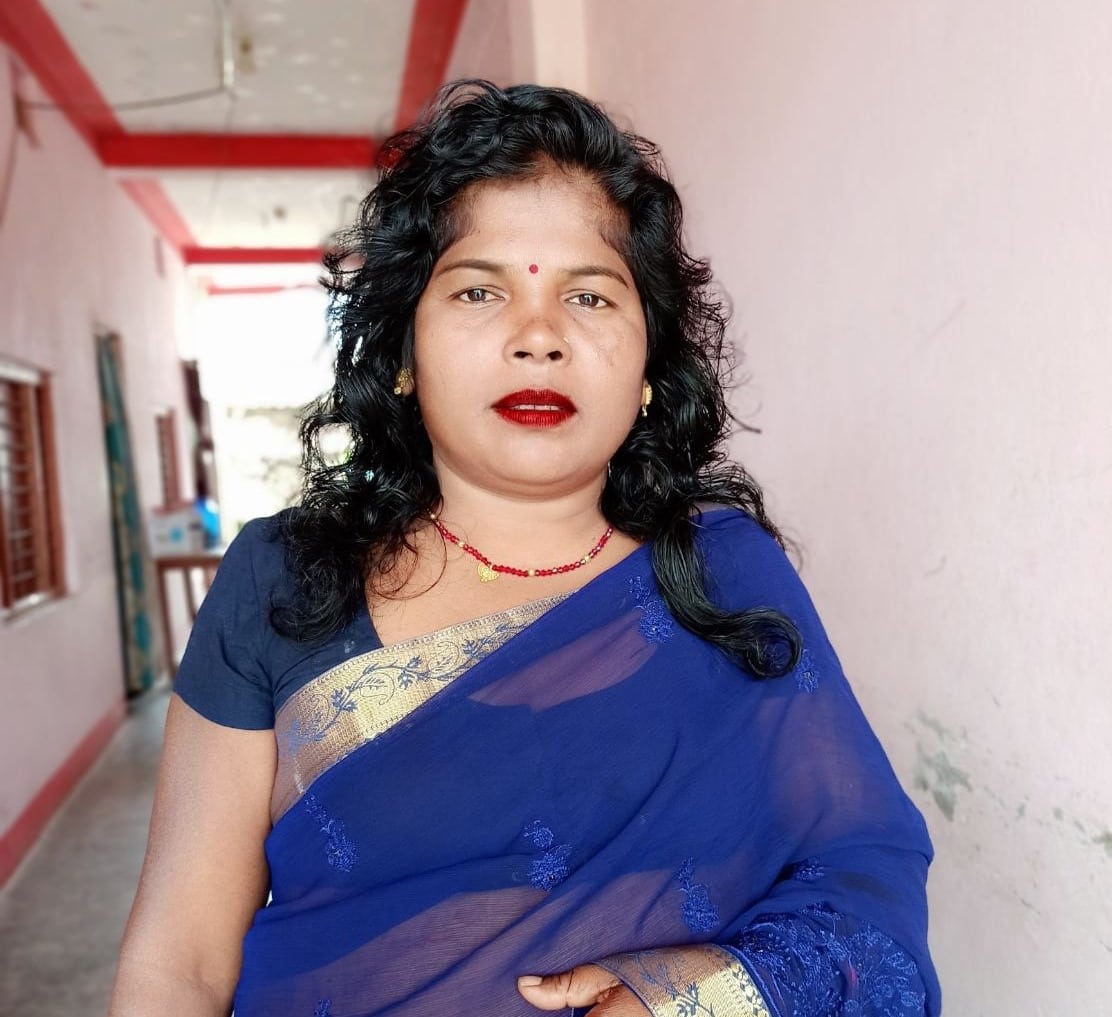
Shanti Paswan, activist
“It seems that no matter how educated you are, no matter if Nepalis are in Europe, they cannot rise over bigotry,” she says.
Shanti Paswan, activist
She was born and raised in a town in the Madhes and never had to face discrimination in her home town of Siraha. That may have been because she grew up in a Tamang majority neigbourhood. However, after she became older and got involved in social service activities, she faced discrimination at every step.
In 2012, when she wanted to stand for election to a school management committee she was forced to step down because of her caste. Her rivals thought she might win, so they threatened and intimidated her. “After it got nasty, I thought is just was not worth it,” she says.
Because it is illegal to openly discriminate against a Dalit, the educated ones pass snide remarks to put them down. “They will not say it directly, but if there is someone who not good-looking or if there is an undesirable person around, they describe them as ‘being like a Dalit’. If there is a crime anywhere, it is a Dalit who is the first suspect,” Paswan says.
She has developed her unique way of dealing with such racism. “If it is someone who is just not aware or are illiterate, I let their slight go, but if it is someone who should know better, I come down hard on them.”
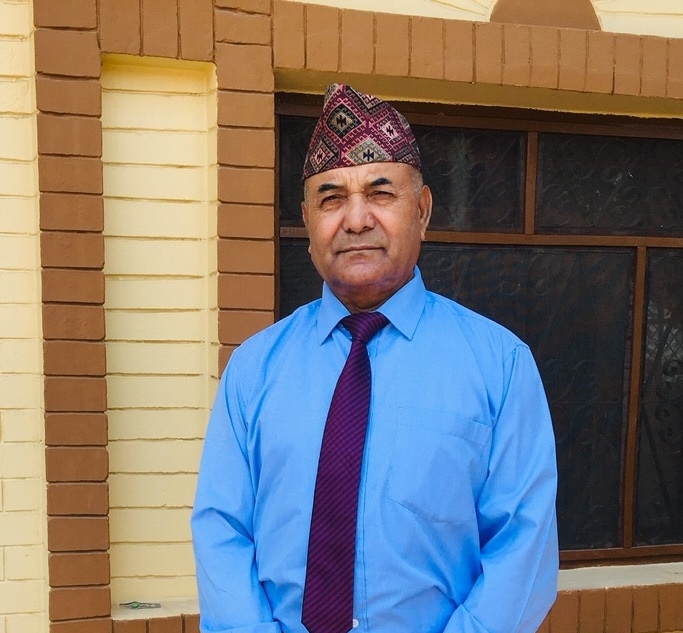
Bhuwan Singh Biswakarma, ex-soldier
Bhuwan Singh Biswakarma, ex-soldier
He is one of the few Nepalis who has even been to Antarctica. Bhuwan Singh Biswakarma was born in Baglung but moved to India when he was 10, and later joined the Indian Army. He joined an expedition to Antarctica, and says he was never treated different because he is a Dalit.
However, after retirement and return to Nepal he has been facing discrimination in his own homeland. “Earlier, even the educated people used to discriminate on the basis of caste, but now because it is illegal to do so, there is a different more roundabout kind of discrimination,” he says.
Biswakarma says such indirect treatment manifests itself in friends who do everything together, but stay apart while eating. Once, he was drinking tea with a friend when he inadvertently touched his glass. The friend got up and left saying he did not feel like having tea that day.
“I always know they are doing it because of me, but how do I fight that?” asks Biswakarma who now lives in Butwal. “Close friends do not invite you for weddings and other parties at their home. It hurts.”
Purna Lal Biswakarma, engineer
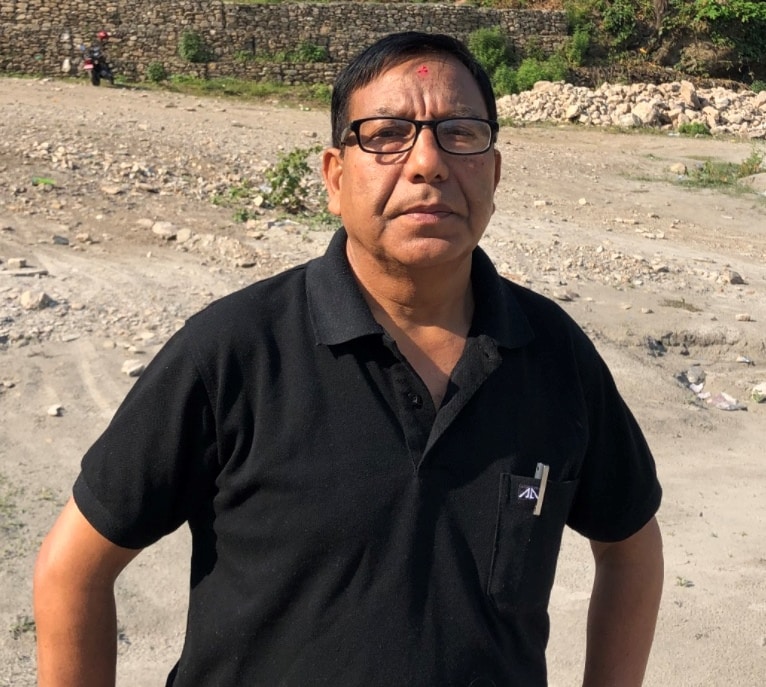
Purna Lal Biswakarma, engineer
Even if a Dalit is an engineer, he has to face discrimination. In fact, no matter what senior position they hold, even if they are rich, or hold high office, Dalits still face caste discrimination from a society that should know better. Engineer Purna Lal Biswakarma is living proof of that.
Born in Kusma of Parbat district, Biswakarma grew up with other Dalits, and did not face stigma for being from a ‘lower’ caste. Even when he enrolled in an engineering college in Kathmandu, he did not really face much discrimination.
It was after he gave his Public Service Exam that he started facing the brunt of the injustice. After joining the Irrigation Department, he had to travel across Nepal. It was in Baitadi in far-western Nepal where he had to face the worst treatment even from co-workers.
He still remembers the discrimination from a close friend and long-time colleague who was getting married. Everyone got an invitation but him. He was invited for a reception later, but did not go because the ill-treatment affected him deeply.
“They talk to you with respect, but as soon as they find out you are a Dalit, the tone changes completely,” Biswakarma says.
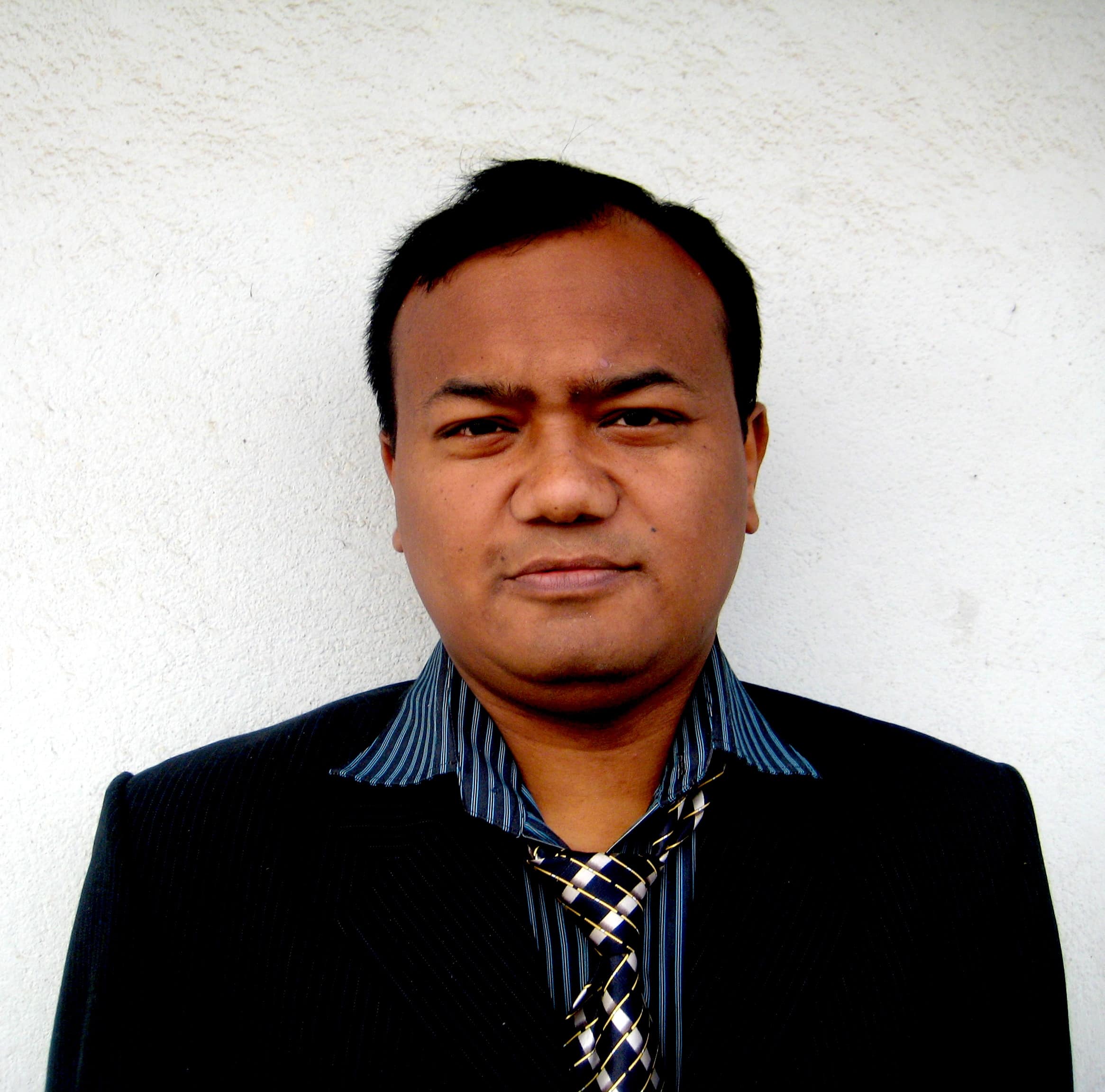
Purna Nepali, professor
Purna Nepali, professor
He was born in India and was raised in Kapilvastu where he faced ill treatment, abusive language and discrimination every step of the way while growing up. But it was after he moved to Kathmandu that he had to face other kinds of poor behaviour. He joined the United Nations Gender Mainstreaming Project and was assigned to Myagdi where he faced caste violence from his own colleagues. They did not drink water from a bottle that he had touched. “They never said anything bad, but their behaviour was appalling,” Nepali remembers. It affected me deeply at a psychological level.”
In 2008, he had gone to Bajhang and Doti for research into his PhD and it was difficult to get a room for the night. “Dalits did not have room, and non-Dalits would not give you a room,” he remembers. “There have to be stricter laws against caste discrimination, and they need to be enforced. The only way to reduce this racism is through a zero tolerance policy.”



